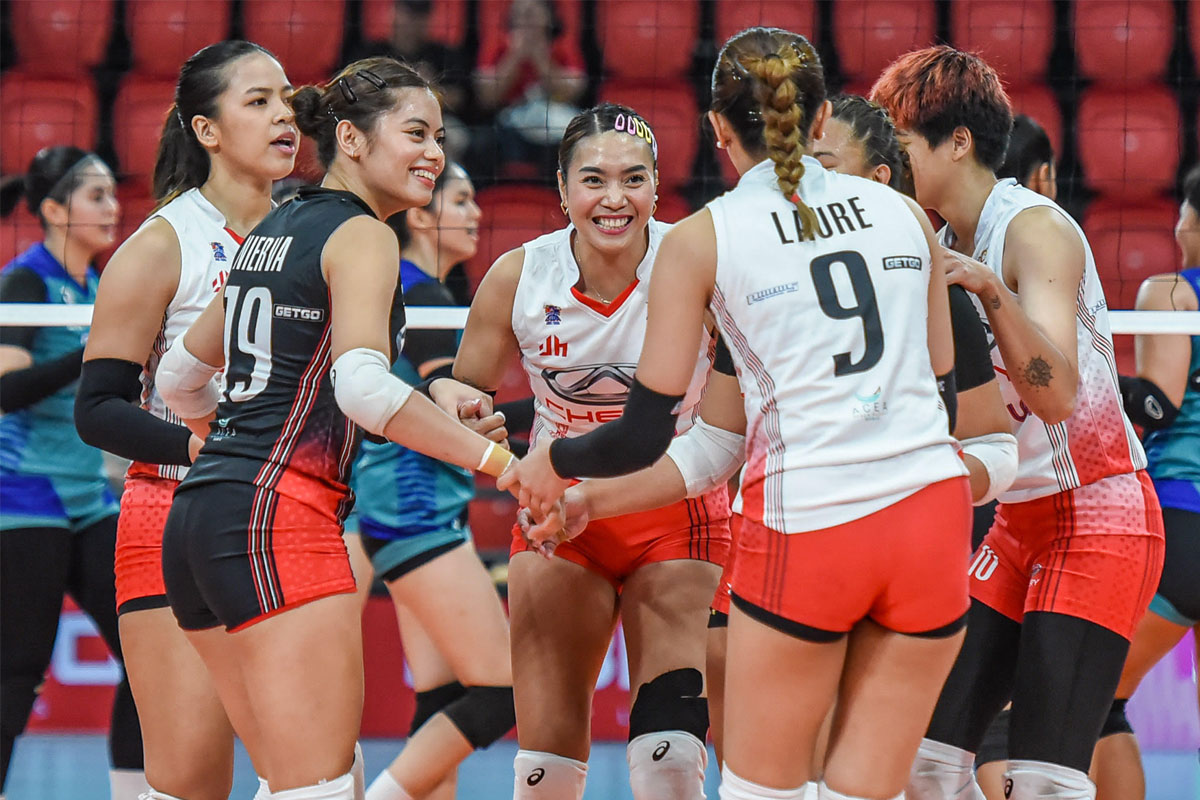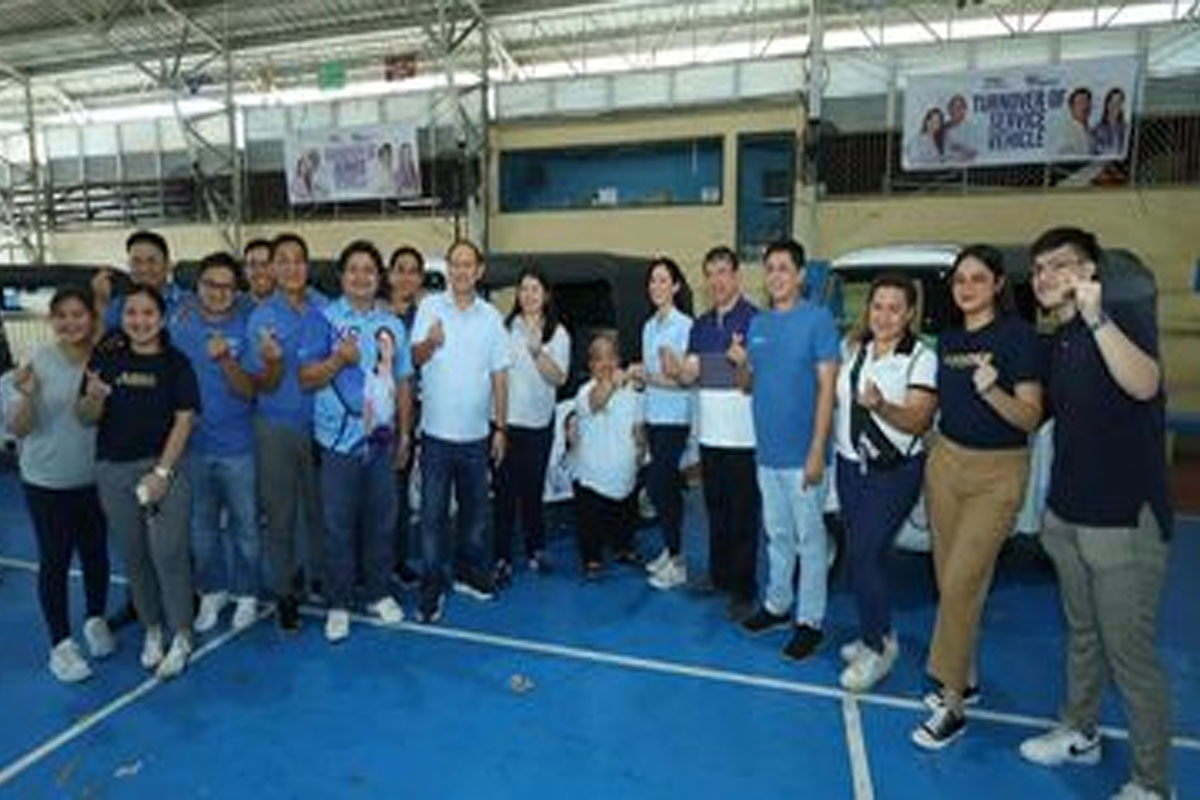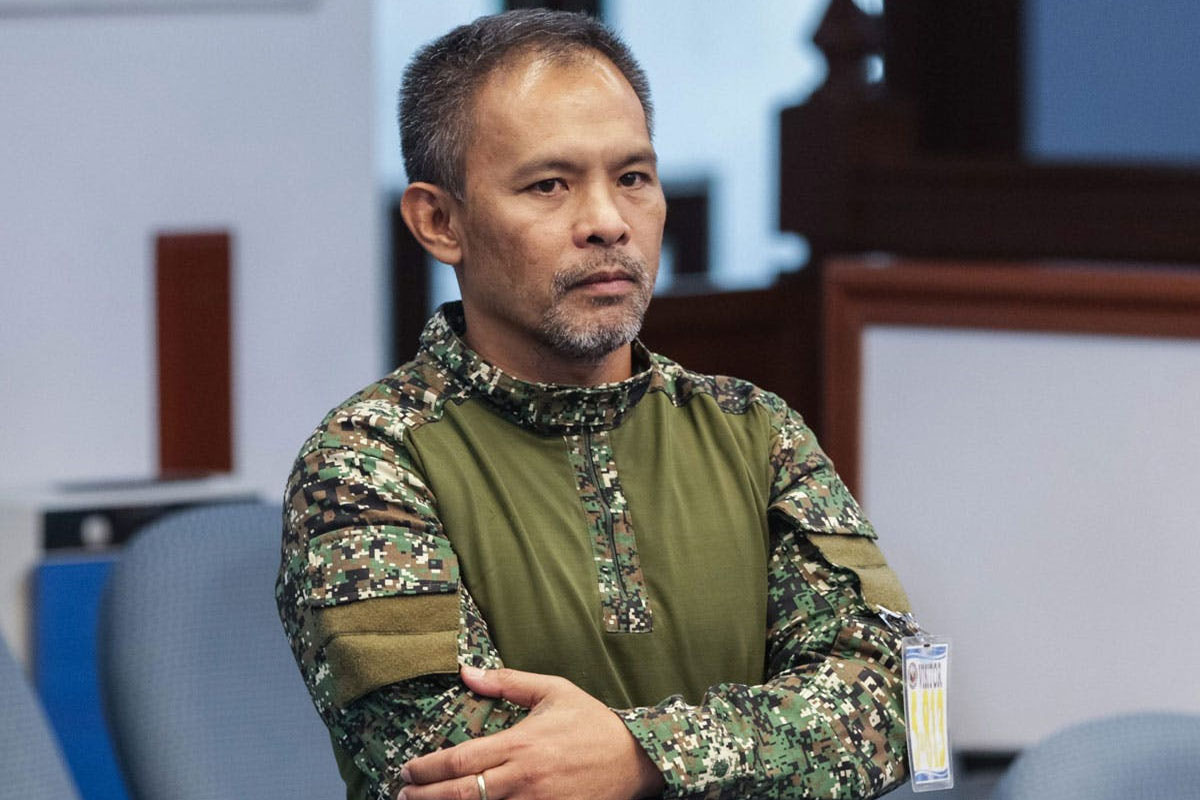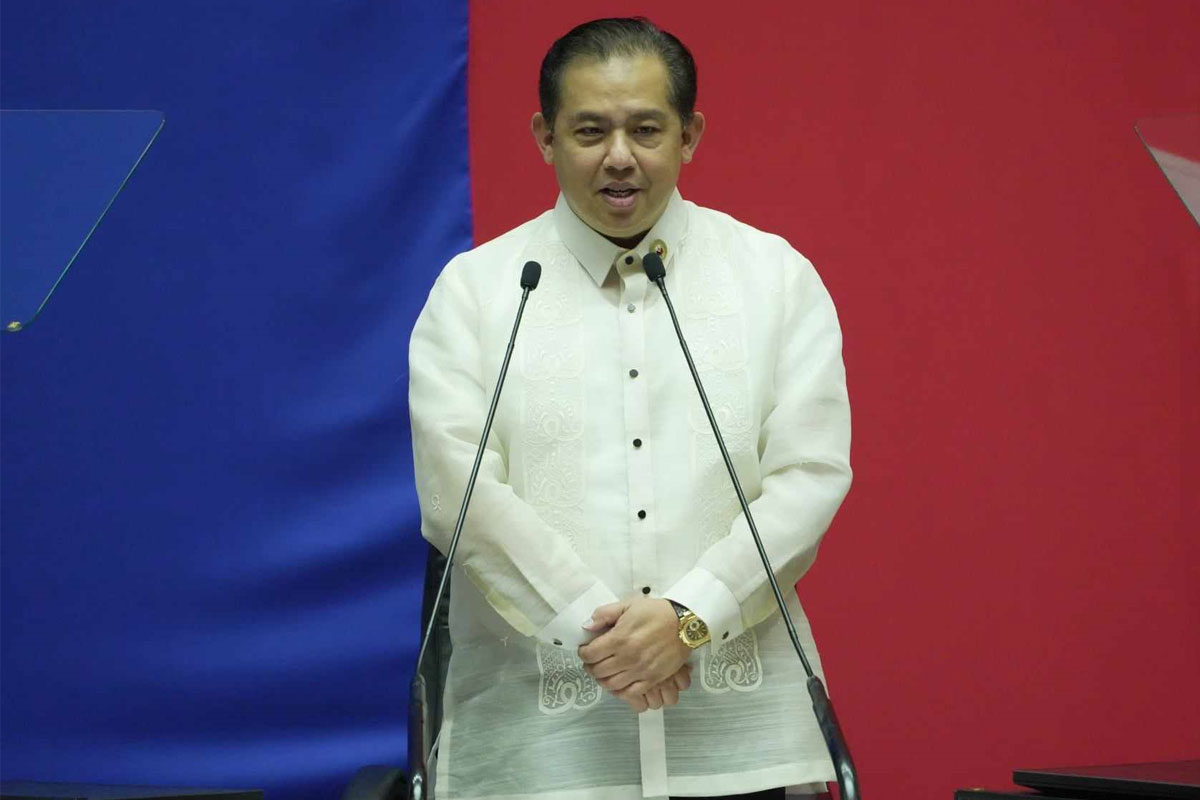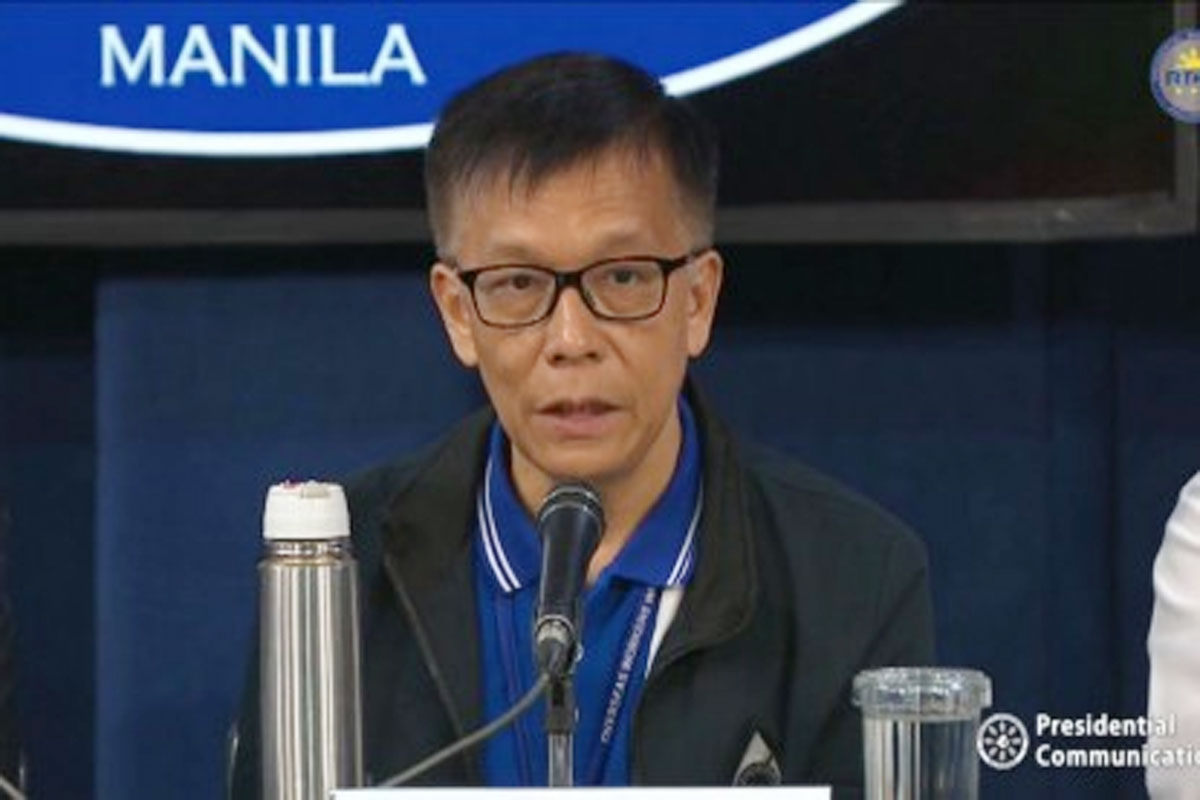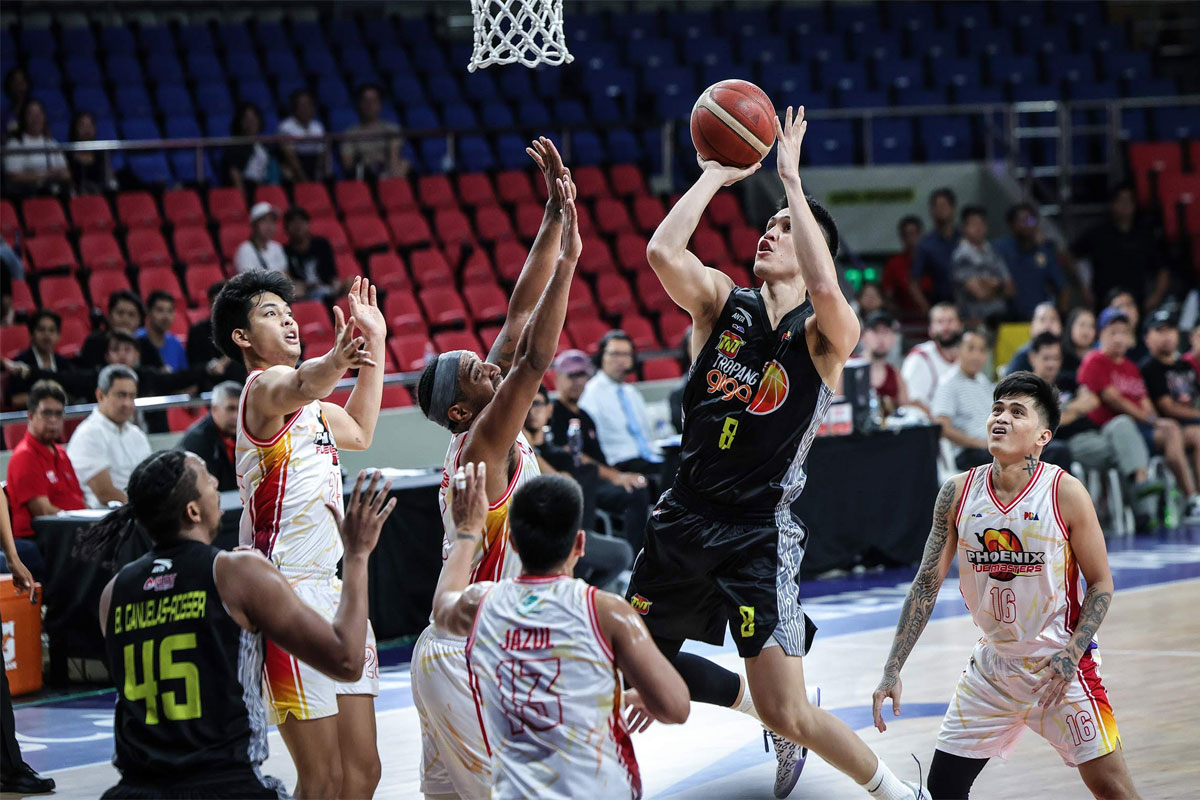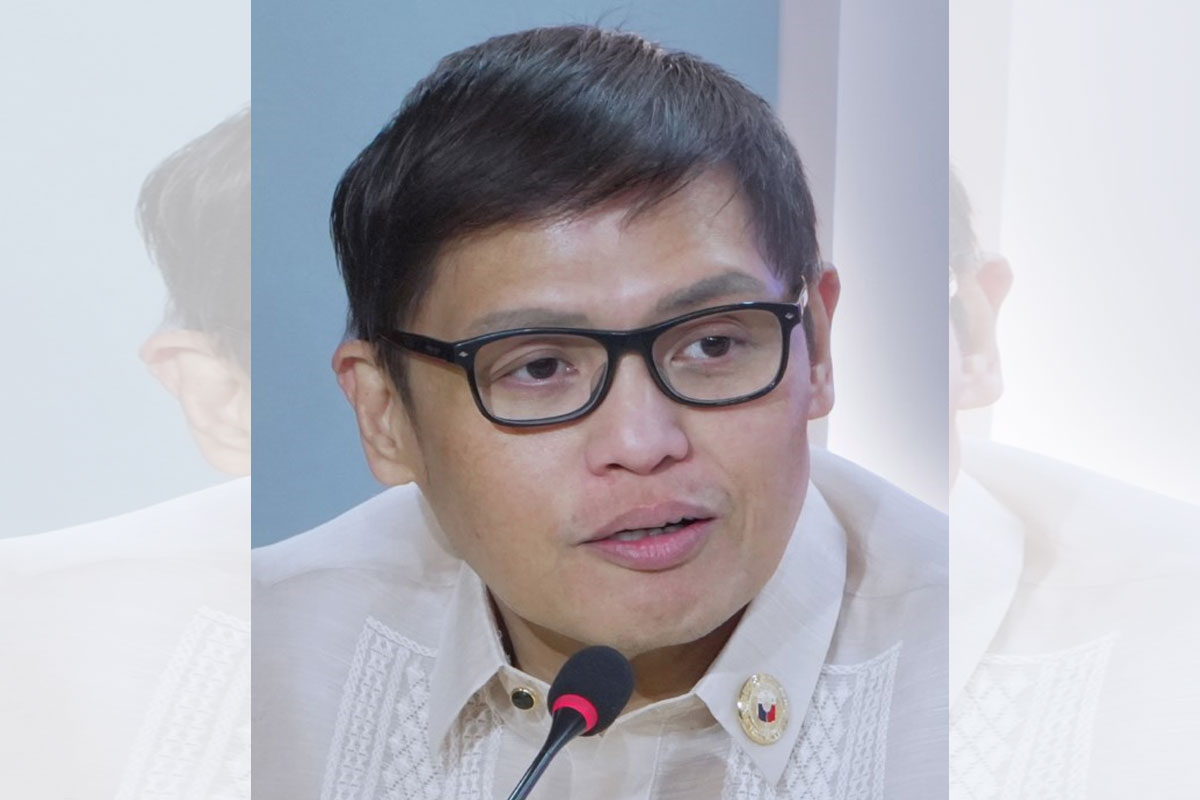
Realignment of funds in 2023 GAA pushed
CAMARINES Sur Rep. and National Unity Party (NUP) president LRay Villafuerte is appealing to fellow legislators to support a realignment of funds in the proposed P5.268-trillion 2023 General Appropriations Act (GAA) to let the Marcos administration to sustain next year the intervention programs beneficial to sectors badly hit by the lingering pandemic and the steep rise in the cost of living resulting in large part from the global oil price shock.
Villafuerte said one particular social welfare project that deserves the Congress’ continued support in the 2023 budget plan is the Public Utility Vehicle (PUV) Service Contracting Program (SCP) of the Department of Transportation (DOTr) for its Libreng Sakay program, which has provided free bus rides to millions of students, workers and other commuters on the EDSA Carousel route from the Manila Central University (MCU) in Caloocan City to the Parañaque Integrated Terminal Exchange (PITX) in Parañaque City.
“We need to provide budgetary support to Libreng Sakay for the government to sustain it next year as DOTr and DBM (Department of Budget and Management) officials have confirmed that there was zero outlay in the NEP (National Expenditure Program) that was submitted to us by Malacañang last Monday (Aug. 22), because the SCP was just a one-time, non-recurring expenditure, and not a regular item, that was included in the 2022 GAA based solely on the initiative of the 18th Congress,” said Villafuerte.
“Sustained financial support from us lawmakers is compelling because the reason for being cited by the previous Congress as well as the DBM for Libreng Sakay in 2022—the adverse impact of Covid-19 and the high fuel prices—still prevails,” said Villafuerte. “In fact, ordinary Filipinos have yet to fully recover from the global financial crisis driven by the once-in-a-century pandemic, and fuel prices have even reached record highs this year that prompted the government to raise public transport fares.”
Villafuerte wants to know if the P12 billion that the DOTr had asked the DBM to include in the NEP 2023—but was not granted—is even enough for the entire year, considering that the department had planned to increase the number of buses offering free rides to 650, from the current 550, to do away with the long queues, particularly during the rush hours.
He said, “We have to winnow out in the NEP submitted by Malacañang for 2023 the items for specific programs or projects whose outlays can be slashed, if not taken out completely, and realign such funds for essentials like the Libreng Sakay for Metro Manila commuters in the proposed GAA for next year. We don’t know yet if the P12 billion that the DOTr had ostensibly asked for Libreng Sakay is even enough for the Department to make good on its plan to increase the number of buses offering free rides along the EDSA Carousel route.”
“We may have to consider a transport subsidy higher than P12 billion if such a bigger budget will allow the DOTr and LTFRB (Land Transportation Franchising and Regulatory Board) to fill the route’s maximum route capacity of 650 buses and thus do away with the ubiquitous long queues at the median bus stops, especially during the workweek rush hours,” he added.
The annual NEP submitted by the Office of the President (OP), through the DBM, at the onset of every regular legislative session of the Congress serves as basis for the GAA that lawmakers eventually approve for the following fiscal year.
Villafuerte argued that this Libreng Sakay transport subsidy for ordinary commuters is a must, given that in its Key Indicators for Asia and the Pacific 2022 report, the Asian Development Bank (ADB) has concluded that the poorest Filipinos need continued policy intervention and support to escape poverty because Covid-19 had adversely affected their lives and livelihoods.
Citing this ADB report, he said poor and vulnerable Filipinos have been hardest hit by Covid-19 as the poorest 10% of our people have suffered a 21%-drop in consumption.
Even those belonging to the top 10% of the income docile have experienced a 14.8%-decline in consumption, added the ADB report.
Villafuerte said ADB chief economist Albert Park noted in the same report that with the pandemic making it more difficult to reduce poverty in the Philippines and elsewhere in the region with low social mobility, strong policy intervention is required of governments in these places.
The Camarines lawmaker earlier lauded the DBM for allocating an extra P1.4-billion for Libreng Saka yafter DOTr Secretary Jaime Bautista admitted at a press briefing that his office didn’t have funds to extend it after the SCP approved for this project during the previous Duterte administration ended last June 30.
Last June, Villafuerte asked then President-elect Marcos to continue with Libreng Sakay once he assumed the presidency, and he subsequently commended the Chief Executive when one of the decisions he made on his first full day at the Palace last July 1 was to approve Bautista’s recommendation to extend this free-rides initiative up to end-December.
Villafuerte said then that Mr. Marcos’ decision to extend Libreng Sakay till the yearend was “an auspicious start for the new President who had won the biggest electoral mandate—over 31 million votes—in our country’s history. That the extension of the program giving free rides to our commuters was among the very first acts of Mr. Marcos as President was a telling mark of his clear-cut desire to deliver on his ‘Bangon Bayan Muli’ presidential campaign promise to uplift the lives of all Filipinos.”
However, during the initial budget discussions this week, Villafuerte had asked officials whether the Libreng Sakay would continue in 2023, and the reply was in the negative because of lack of funds.
In fact, DOTr Undersecretary Mark Steven Pastor had asked the House committee on transportation for budgetary support, saying that the DBM had not granted the transport department’s request for a P12-billion allocation in the NEP for Libreng Sakay in 2023.
In a statement, the DBM confirmed that Libreng Sakay’s proposed budget was not included in the 2023 NEP because this SCP was not a regular DOTr project, as it was just a one-time expenditure item that the 18th Congress had included in the 2022 GAA.
The DBM said this subsidy was excluded in the 2023 NEP in the same way that it was not included in the 2022 NEP that the government submitted to the Congress two years ago; hence, it was up for the 19th Congress to decide on whether to include a Libreng Sakay allocation in the 2023 GAA.
In its statement, the DBM explained that the SCP is “a non-recurring or one-time expenditure item … Hence, similar to previous years, no funds were allocated for it under the 2023 NEP … Allow us to note further that the inclusion of the SCP in the FY 2022 GAA is Congress-introduced. Hence, we will defer to the wisdom of our honorable lawmakers the decision on whether or not to allot appropriations for the said program.”
It added that the SCP was only meant to aid workers and commuters affected by the pandemic and the subsequent rise in oil prices.
Villafuerte pointed out that aside from students, workers and other commuters, Libreng Sakay will benefit over 600 drivers and operators belonging to the bus consortiums—ES Transport Consortium and Mega Manila Consortium—taking part in this project.
The SCP gives financial support to participating drivers and operators in the EDSA Carousel route through performance-based payouts, which means they are paid by the LTFRB based on how many trips they make and how many passengers they serve on a daily basis.
The LTFRB has bared plans to add another bus operator to the program to increase the number of buses offering free rides.
This project has reportedly provided 71 million free rides to commuters as of June.
According to the LTFRB, Libreng Sakay was part of the third phase of the former government’s SCP that ended on June 30.
The first phase of the program was launched in November 2020 as authorized by the Bayanihan to Recover as One Act (Bayanihan 2) law, a stimulus package designed partly to help the economy recover quickly from the pandemic.
Villafuerte was the lead author in the House of Republic Act (RA) No. 11494 (Bayanihan 2 law) as well as RA 11469 or the Bayanihan 1 law.
The then-Duterte administration had reportedly channeled P5.58 billion for Libreng Sakay’s first phase, which ran until September 2021; and a P3-billion outlay from the 2021 GAA for its second phase. Its third phase was funded by a P7-billion allocation from the 2022 GAA.


